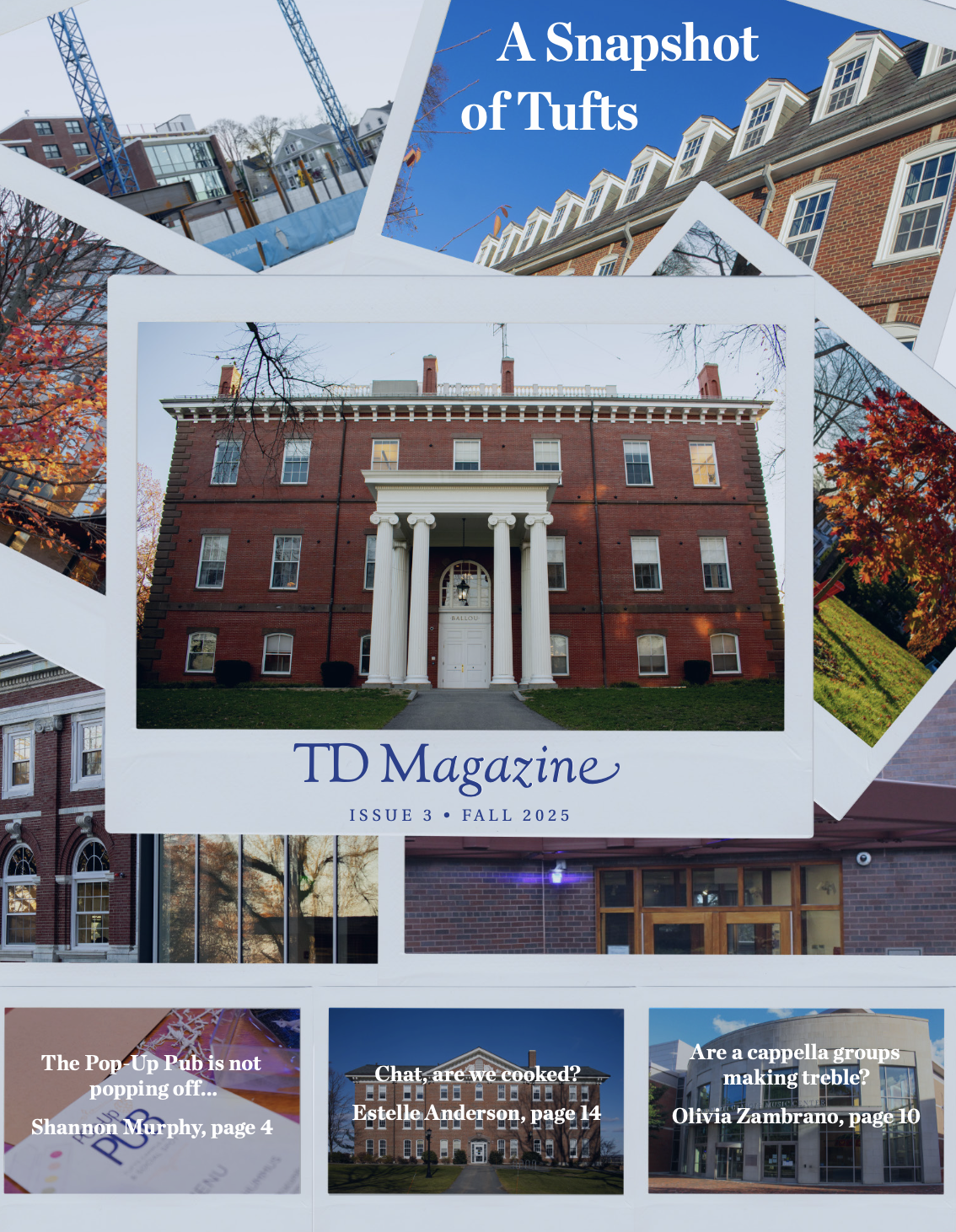Like in many respects, the student body at Tufts University is relatively religiously diverse. According to a Tufts Chaplaincy survey conducted in Fall 2014, Tufts University students identify with more than 22 different religions. The Chaplaincy consistently attempts to promote interfaith awareness. This year, Tufts held its first ever interfaith awareness month. While the Chaplaincy does a solid job of hosting events and activities to expose the student population to the prevalent religious diversity on campus, most students still generally shy away from contending with the idea of religion, whether for or against.
Increasingly, people in the United States are deciding to not affiliate with a religion. In the 2014 Chaplaincy survey, around 45 percent of undergraduates responded that they were either nonreligious, agnostic or atheist. While some of these students have some preceding historical or cultural knowledge of world religions, other do not have any at all. There is a commonly held notion that a conversation on religion is necessarily one in which the goal is proselytization, which leads many to reject the wisdom accrued in religious schools of thought out of hand.
In the United States, religious freedom is ensured as a constitutional right. Many consider this freedom to be one of the founding principles of the country. The United States is defined by a coming together of people of hundreds of different ethnicities and numerous religious, spiritual and humanist heritages. So, it is odd that religion is not spoken about as a facet of life that can be as important as our cultural habits or our working lives. 42 percent of Americans identify with a religion different from the one in which they were raised, yet religious curiosity seems a rare subject. Of course, as everyone is rightly aware, religion in America and the world is often distorted to promote repression, violence and genocide; in America alone religion has been employed as justification for slavery, colonization of the American West and the destruction of indigenous culture and history, the oppression of women, the enforcement of the gender binary and the halting of women's and gay rights, to name a few.
Yet at the same time, discrimination among religions deserves serious attention. Most notable of these groups in the United States is the Muslim-American population, which has been targeted for years now but recently at horrifying levels by and due to Donald Trump's racist demagoguery. Muslims make up only two percent of the American population, but in 2011 they accounted for 25 percent of religious discrimination complaints. A Carnegie Mellon study in 2013 showed that job applicants that identified as Muslim were less likely to receive callbacks from prospective employers than Christians with the same qualifications. And these are the subtler forms of discrimination.
In February, the New York Times published an article that described students at the University of Arizona purposefully littering at and vandalizing a mosque near university residences. The article also reported instances of Islamophobia at four different universities across the United States. Universities are largely considered the centers for freedom of expression and open-mindedness in the United States. However, when instances of religious violence and discrimination occur somewhat commonly in these institutions, one must reflect upon the state of religious freedom nationally. This is especially true in the context of the debate of Syrian refugees and the promises of certain presidential candidates to ban all Muslims from entering the United States.
It is not enough to simply not offend or to stay silent on the topic. We should condemn these hateful actions and work to build a nation in which religious freedom is honored and respected as a story of both deep goodness and sometimes terrifying evil. As a community, we must work to foster an environment in which religion is openly spoken about and all religious beliefs are equally respected. Cultivating intellectual curiosity for different thought systems and religious beliefs will allow us to be more willing to engage in religious conversations, explore different world views and appreciate others' religious and non-religious identities.
More from The Tufts Daily





